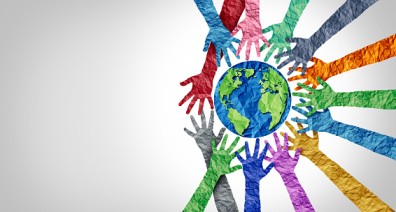Morality and Social Responsibility of Mining
closing the gap between mining and communities,Implementing the Sustainable Development Goals,addressing and limiting the social and environmental impacts of mining.
managing the legacy of mining
The report draws attention to the profound and detrimental social and environmental effects of mining and its potential long-term negative impacts on future generations. In addition to the economic impact of mining – potentially hundreds of billions of dollars for the next 30 years – there is concern about increased deforestation, water pollution, acidification, chemical pollution, degraded water sources, violence, and corruption and child labour in the mining industry. As a sector that continues to face high social pressures, no more than five mining companies are on the World Economic Forum’s list of “Global500 companies” that are “doing well by doing good”.
The report focuses on the impact of various minerals on human well-being: namely aluminium, cobalt, copper, chromium, gold, mercury, nickel, zinc and tungsten. These minerals are mined and processed into industrial products including water treatment, fertilisers, plastics and aluminium.
Reducing mineral use worldwide, according to the report, is “by far the most significant way in which mining companies can contribute to the achievement of the SDGs”. It advocates that industry “build on their existing commitment to sustainable development and target and monitor the full range of their activities in support of achieving the SDGs”. This will require a cultural change in the mining sector – ensuring that mining companies put the health and wellbeing of communities at the heart of their operations.
Mining companies play an essential role in the global economy. However, mining companies, working with governments, corporations, research organisations, civil society groups, and non-governmental organisations, will need to play an active role in building a global environment in which sustainable development is possible. To this end, the report also outlines how the global mining industry can:
inform itself and society about the state of the world’s minerals.
improve the way that it assesses the socioeconomic and environmental costs of mining, especially in developing countries.
collaborate more effectively with other sectors to reduce the impact of minerals on society and the environment.
“Commodity prices and revenues are the lifeblood of the mining industry. However, no sector can continue to thrive if it goes off the rails on the road to sustainability.




0 Comments